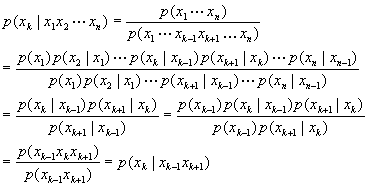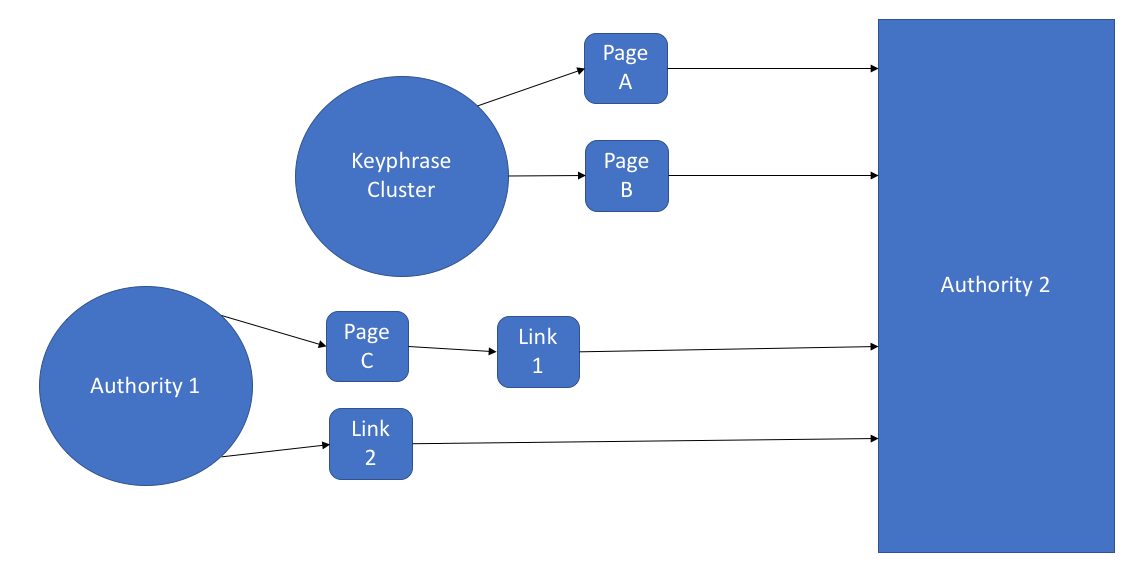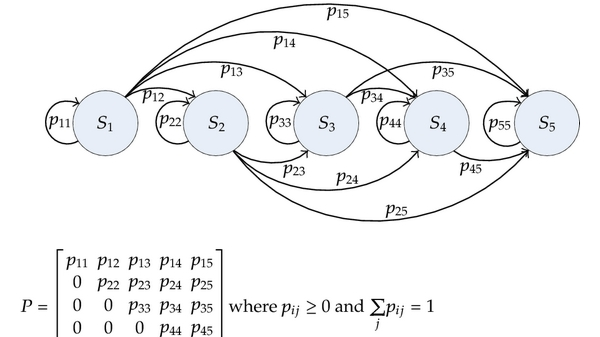Enjoy dynamic listening on the go—this podcast, AI-generated for your convenience, is perfect for driving, commuting, or waiting in line!
In probability theory a Markov process, named after the Russian mathematician Andrey Markov, is a stochastic process by which one can make predictions for the future based solely on its present state just as well as one could knowing the process’s full history, hence independently from such history. It is based on a principle of “memorylessness”.
Basically, the next state of the process only depends on the previous state and not the sequence of states. This simple assumption makes the calculation of conditional probability easy and enables this algorithm to be applied in number of scenarios.
The general Markov Chains equation is:

By Markov Chains equation it is possible to explain most complicated real time processes, like speech recognition, text identification, path recognition etc. This process can be also applied to the business or financial environment, in order to make predictions about the next market evolution:

I strongly believe that Markov Chains can be landed in the Constellation Value Model to deeply understand the digital market environment and develop most effective strategies.
From SEO perspective, by Markov Chains:
SEOs can use Markov Chains to predict what content their users or their competitors’ users will want to see. This is like if Google Keyword Planner and ComScore get together and decide to go granular AND keep your data private.
- (Not provided) doesn’t matter.
SEOs can bring more value to user experience, social media, branding teams, and more.
From search engine perspective, Google uses Markov Chains to improve the performance of its algorithm in severals ways:
1) After the algorithm update – Hummingbird, the keyphrases can be identified as belonging to a cluster:

2) The engine automatically suggests searches and links that the user is likely to looks for.
3) Identify hubs of authority that are probable next steps in systems. This is the same function as the one in social network modeling.

It is a very powerful tool to understand how Google works, even because it will improve your Findability, so let’s go deeper in with your SEO team and don’t forget to try-and-test your optimized solutions until they do work fine!
